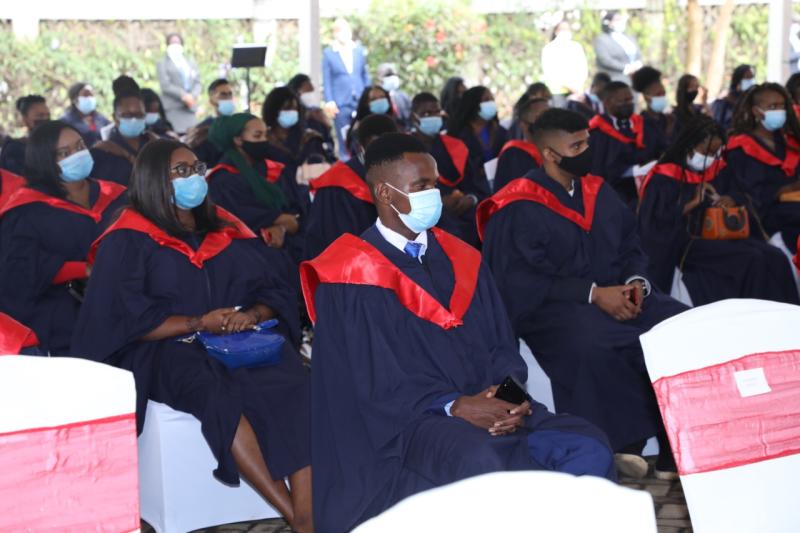×
The Standard e-Paper
Fearless, Trusted News

I speak from both sides of my mouth on the proposal to increase university fees for government-sponsored students. While I understand the need to increase fees, I am also cognisant it is not an open-and-shut case.